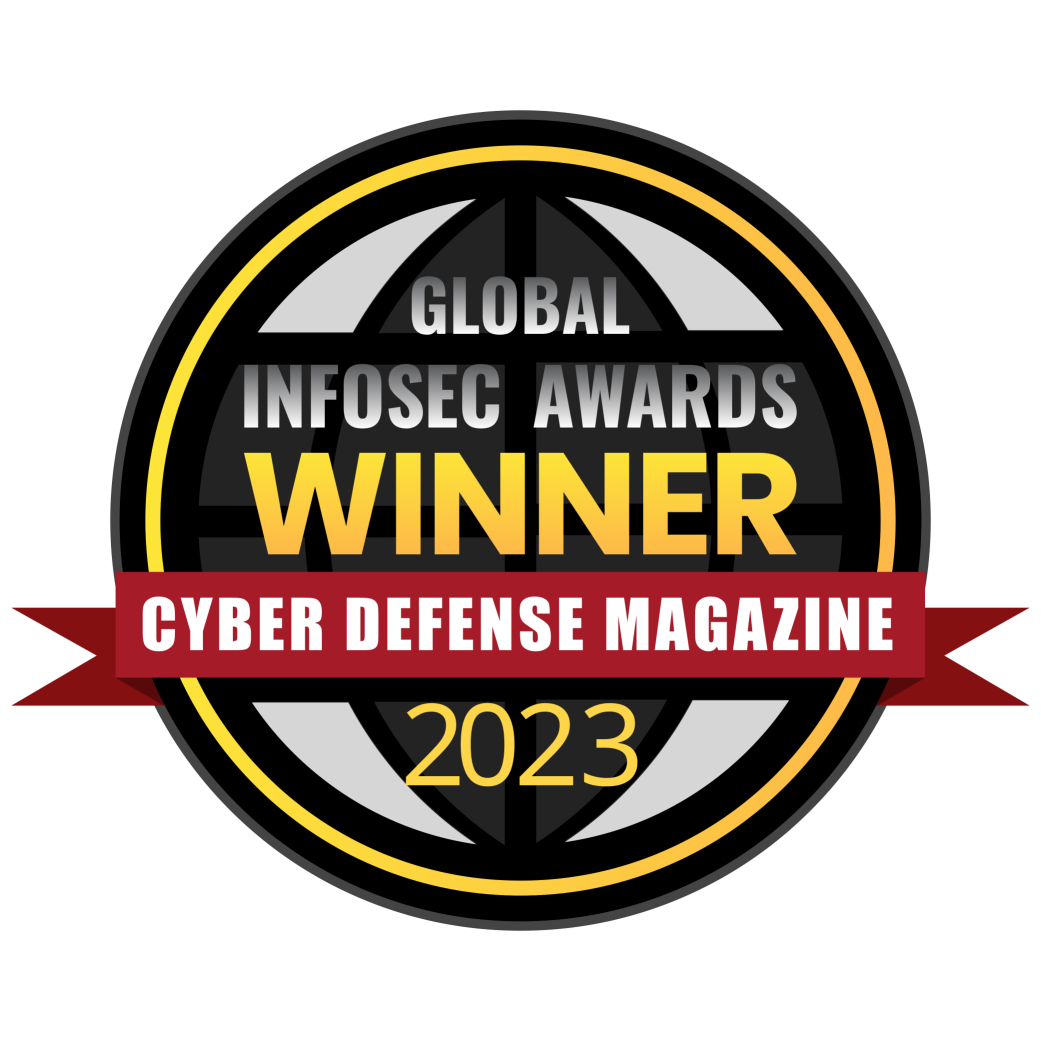The demand for skilled cybersecurity professionals is at an all-time high, yet the industry is facing a critical shortage of qualified talent to fill jobs.
While this shortage poses a significant risk to organizations, it also creates an opportunity to explore innovative, skills-first hiring practices that promote diversity and inclusivity that can ensure a more capable cybersecurity team.
I sat down with Shelby Flora, Global Security Talent and Organization Lead at Accenture, to discuss the cybersecurity skills shortage and how an unconventional approach to hiring can uncover hidden talent and create more opportunity for individuals across the globe. We’re excited to collaborate on such an important topic to help drive change and reduce bias within the industry.
Rethink traditional hiring criteria
The demand for cybersecurity professionals has outpaced the supply, resulting in organizations struggling to find suitable candidates. This shortage has created increased cybersecurity risks and potential breaches, making it imperative to find alternative solutions.
Shelby suggests that, to overcome the scarcity of cybersecurity professionals, it is essential to reconsider the traditional hiring criteria that often prioritizes certifications, degrees, and experience. She added that, “While these credentials hold value, they should not be the sole determinants of capability. Focusing exclusively on certifications and degrees limits the talent pool and perpetuates the lack of diversity in the field.”
Embrace skills and potential
A truly innovative approach to hiring involves looking beyond academic pedigree, instead focusing on a candidate’s skills, potential, and passion for cybersecurity. Expanding the talent pool to individuals who may be unemployed, under-employed, or looking for a career change helps to ensure diversity of thought, essential for building cyber resilience.
Shelby highlights that there are many different careers that share transferable skills, including military experience, engineering, and professions that require pattern recognition. According to Shelby, “traits and aptitudes including curiosity, analytical thinking, problem solving, perseverance, troubleshooting, self-directed research, and a mission focused mindset are often overlooked as success indicators and aren’t easy to identify via an exam or CV.” She further explains that these traits, combined with a broad variety of backgrounds and access to learn cyber skills, are a great recipe to create strong cyber talent. These characteristics make cybersecurity a great career for people from all backgrounds, including diversity across gender, ethnicity, geography, neurodiversity, socioeconomic class, and beyond.
By eliminating traditional barriers to entry, organizations can open doors for underrepresented groups. For Shelby, this approach not only fosters a more inclusive work environment, it also boosts innovation and helps address the industry’s diversity deficit. According to Cybersecurity Ventures, in 2022 women represented just 25% of the workforce globally, with individuals from diverse ethnic backgrounds representing even less.
The Cyber Million program
For Shelby, the importance of innovative programs like Cyber Million – offered by Immersive Labs and supported by Founding Partner Accenture – rests on access to cyber skills and reshaping the cybersecurity hiring landscape. She further explains, “Cyber Million takes a unique approach to address the talent shortage by providing hands-on, self-driven training combined with practical application exercises at no cost to the individual.”
By fostering innovative, industry collaboration, the program connects participants with potential job opportunities – like those supplied in the platform from Accenture – providing a direct path to entry-level cybersecurity roles, which are now live in the Cyber Million platform!
To begin building your cybersecurity skills, join the Cyber Million program by visiting the program home page.


